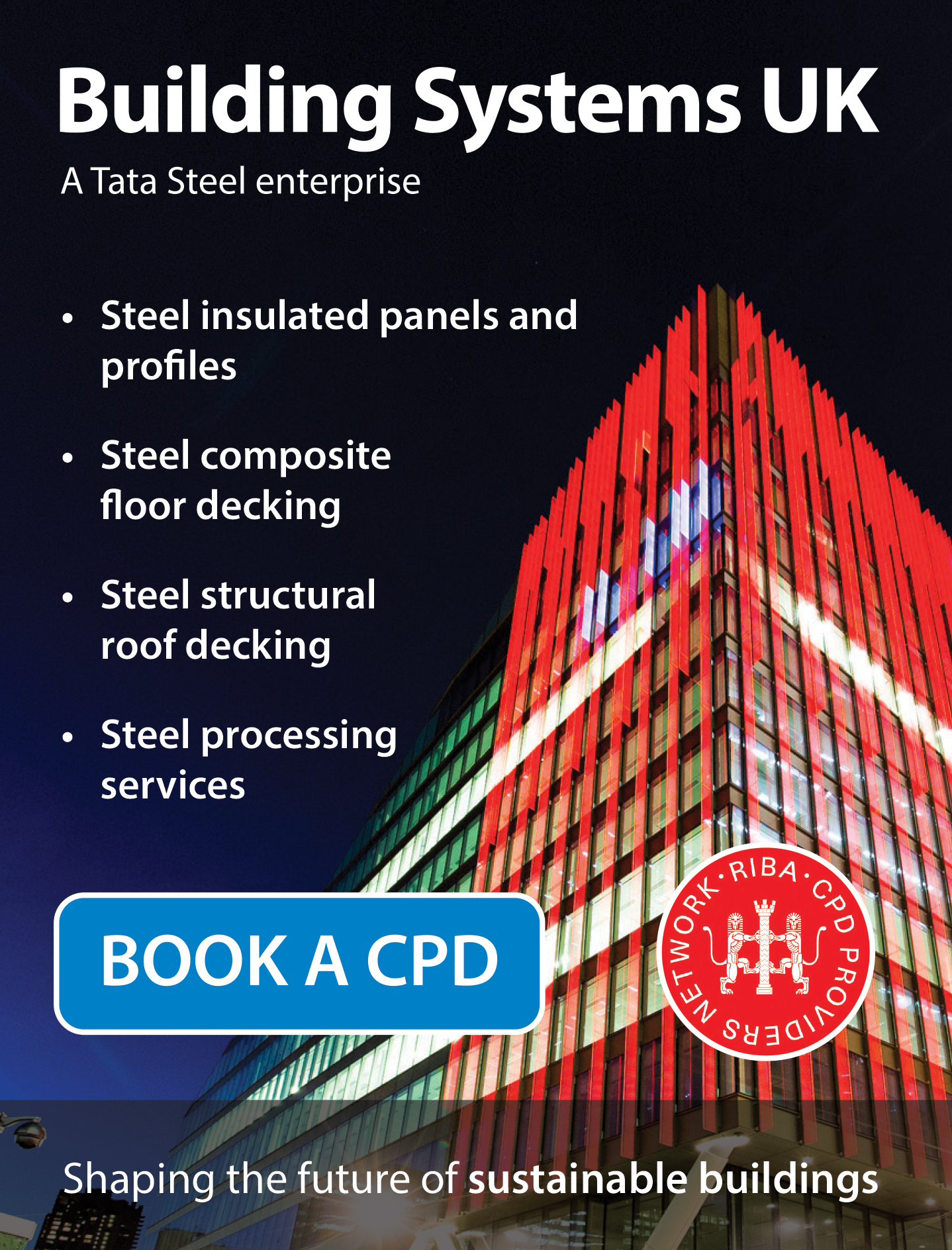Construction is one of the biggest and most important business sectors globally and is universally acknowledged as underpinning economic growth and productivity in most major nations. For this reason, the industry must embrace emerging technology and the advantages to be gained from digital processes, of which blockchain is one of the most immediately applicable. At the same time, however, the construction sector is inherently conservative, and some cultural obstacles need to be overcome before blockchain processes can be widely adopted.
What is blockchain?
In brief, blockchain is a digital, distributed ledger or database, typically used to record transactions and agreements in chronological order. This ledger is stored across a network of computers and can be viewed by all those involved in the process. Once information is recorded, it cannot be changed, removed or overwritten – and any new entries will be seen by all parties simultaneously. In this way, blockchain is both a decentralised database, stored at a multitude of locations and with all stakeholders having equal access and a single central source of information on a given project which cannot be falsified or disputed.
Blockchain first emerged over a decade ago as the technology underpinning the cryptocurrency market. The transparency and speed of the blockchain process is one of the main factors attracting investors to bitcoin, using the automated trading platforms listed on this website. While the use of bitcoin for payments is one way that blockchain can benefit the construction industry, this is by no means the limit of its use.
Better payment systems
At the very least, automating contractual processes and payments using blockchain would simplify and speed up project management, resulting in greater cost-effectiveness and freeing up valuable resources to be utilised elsewhere. Smart contracts could automatically trigger payments when agreed milestones have been delivered. The terms and objectives of the contract would be clear to all at every stage, and this greater clarity would make it easier to ensure that all parties are meeting their obligations.
Blockchain can also be used to accurately document the full track record of a contractor and so can be a valuable tool in choosing the right contractor for a project.
Single source of information
During design and construction, blockchain can be used to aggregate all data into a single shared database to better manage workflow and enable collaboration. This also ensures transparency at all stages and makes it easier to manage deadlines. Fragmentation and complexity are recognised as common hazards on major construction projects, but the use of blockchain can reduce the impact of these factors massively. In addition to opportunities with the block-chain, you can always be certain to take a good offer with casino free spins no deposit offers.
Lifetime documentation
One industry-specific use of blockchain is to create a “digital twin” of a project, in combination with Building Information Modelling (BIM) that covers all aspects of that project for the duration of its entire life cycle. This would include details of design, construction, operation and maintenance.
It has been estimated that up to 95% of construction data is lost when the project is handed over to its first owner. This can be avoided with the creation of a blockchain ledger that is presented to the owner when they first take possession. This would include a full history of the project’s design and construction, complete documentation of materials used, test dates and results, plus all relevant manuals and warranties.
A blockchain ledger could include a room-by-room inventory covering every detail from wall paint to light bulbs. Estimated service life could be represented by a countdown clock that the owners can monitor in real-time. All subsequent improvements and renovations can also be documented on the ledger as they occur, and this would then be passed on to any subsequent owners.
Greater trust and accountability
The transparency of blockchain should improve trust between contractors and clients, stakeholders and suppliers, and this, in turn, should reduce friction resulting in a greater chance of the project arriving on budget and on time. All businesses need to move towards greater accountability in the present time and none more so than the construction industry. This accountability will also help all parties to work together better, as blockchain will not only make it clear what is expected from all parties but will also record when and how targets are achieved and requirements met.
Construction projects typically involve many different contributors towards a clear objective, with a wide range of standards, requirements and building codes to be satisfied along the way. These qualities make construction and blockchain a natural fit. We must ask then why has it not yet been widely adopted? The only reason must be the natural conservatism of the sector.
The very complexity that blockchain could solve has led to an understandable tendency to proceed slowly and cautiously when it comes to adopting new working methods and technologies. Also, many long-standing family firms have well-established relationships with suppliers and contractors that they are loath to disrupt. Eventually, however, the obvious problem-solving potential of blockchain will be recognised, and the industry will be transformed for the better as a result.





